8 Questions to Help You Decide Whether or Not To Lose Weight
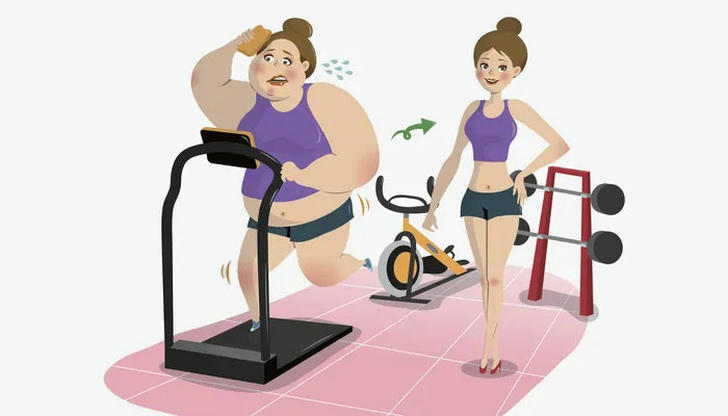
You probably already know that being overweight poses risks to your health. But, it’s not always easy to recognize when you are carrying around a few extra pounds. Many people don’t realize how much weight they need to lose until someone points it out or they step on the scale and see the number shoot up.
If you have struggled with your weight for some time, you can find answer from here! We will help you figure out if now is the time to lose weight and give you some tips on how to do it. Losing weight isn’t easy, but hopefully these pointers will make things a little easier for you.
What is Your BMI?
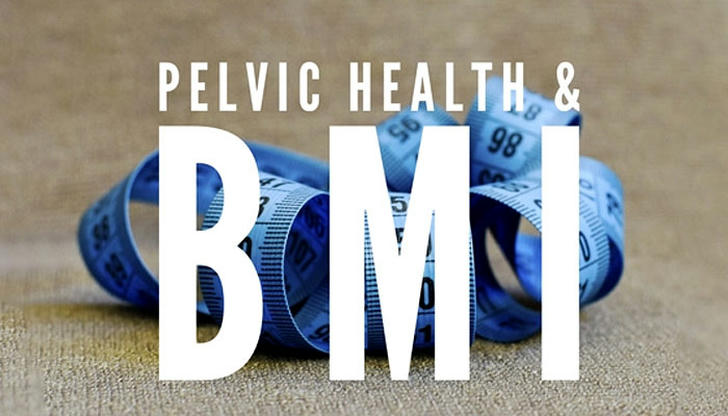
BMI stands for Body Mass Index, and it’s a simple way to measure whether you’re overweight or underweight. You can calculate your BMI by visiting the National Institutes of Health website or by entering your details on an online calculator. Because everyone’s body type is different, the BMI isn’t always accurate. It’s best to use it as a general guide to help you decide if you should lose weight or not. If you are overweight, you should try to get your BMI below 25. If you are obese, you should try to reduce your BMI to less than 30.
How Much You Currently Weigh?
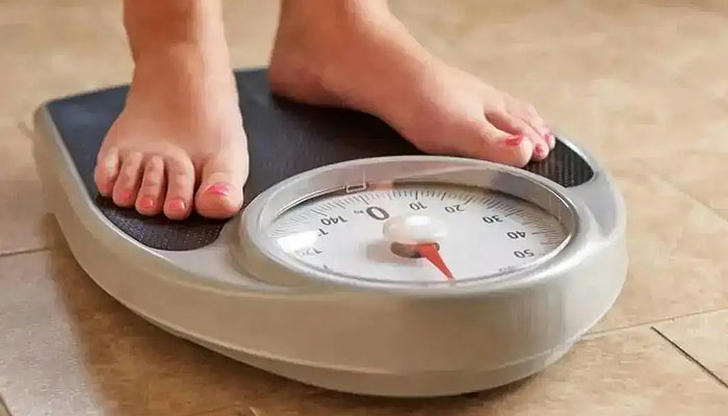
It’s easy to forget how much you weigh when you are overweight. You are probably so used to seeing yourself in larger clothes and feeling larger that you don’t really notice the extra pounds. What’s the best way to find out how much you weigh? Step on the scales! Scales don’t lie, and they are the most accurate way to measure your current weight. If you don’t like the number you see, don’t despair. You have the power to change it!
What is Your Family History?
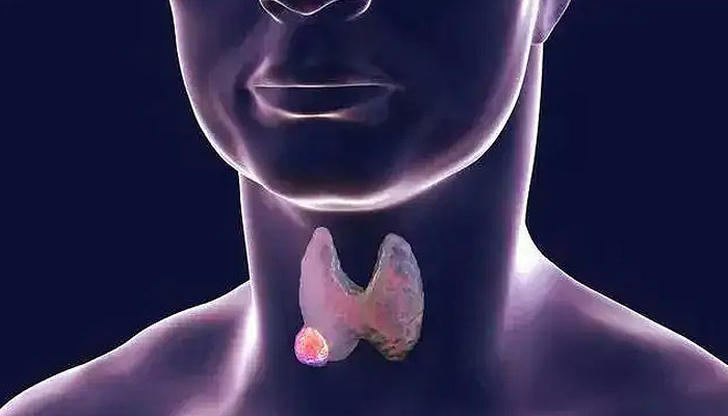
Your family history is important as it can affect your chances of developing certain diseases. If you have a family member who was overweight and developed one of the following conditions, then you may be at risk too: Coronary heart disease Diabetes Hypertension Cancer Osteoarthritis There are many factors that contribute to the development of these diseases, and diet and exercise are two of them. If you are overweight, your chances of developing these diseases are higher than if you are at a healthy weight. You can reduce your risk and improve your overall health by eating a healthy diet and exercising regularly.
What is Your Waist Size?
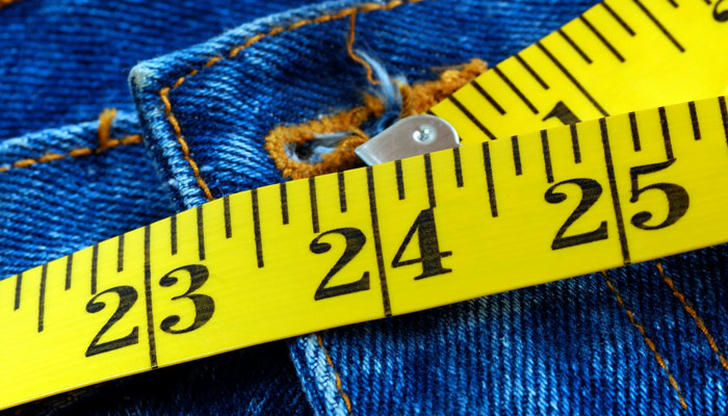
Your waist size is important because it can show you how much fat you have around your middle. This is called visceral fat, and it is the kind of fat that’s bad for your health. For those people with belly fat can increase your risk of many health issues. If you have a large waist size, it could mean that you are at risk of developing one of these conditions.
Being overweight is not just bad for your heart, it’s bad for your entire body. If you have a large waist size, you should try to reduce it.
How is Your Weight Distributed?

Where your weight is distributed on your body is just as important as the amount of weight you are carrying. We all know what the recommended weight is for our height and gender, just like we know the recommended daily calorie intake.
But, sometimes, our bodies just don’t listen to what we tell them. If you are carrying most of your weight around your hips, thighs, and buttocks, then you are likely to be healthier than someone carrying their weight around their middle.
If you carry your weight around your middle, you should try to shift it. Carrying excess weight around your middle increases your risk of developing heart disease and Type 2 diabetes.
What is Your Health Profile?
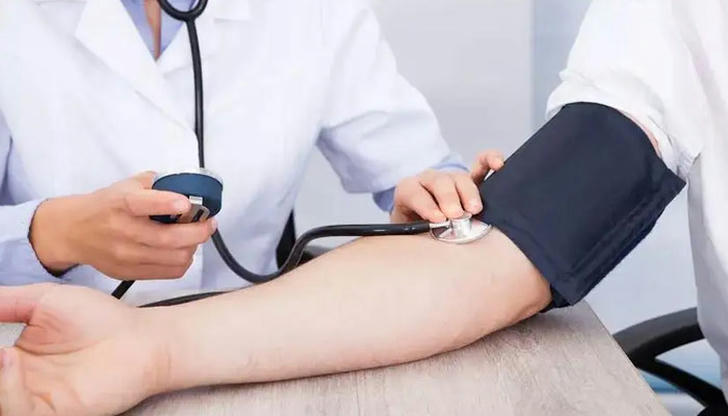
Your health profile is a short list of your health conditions, whether you are taking medication for them, and how often you visit the doctor. If you have a condition like high blood pressure or diabetes, you may need to modify your diet or exercise routine to treat it properly. This is called a treatment plan, and it may require you to lose some weight.
The last thing you want to do is lose weight and then stop visiting your doctor. You need to monitor your progress and make sure that you are heading in the right direction.
How do you feel?

Feeling tired, moody, and having low energy levels are all signs that you are carrying around too much weight. It can be hard to recognise when you are overweight, especially if it has happened gradually over time. If you are experiencing any of these symptoms, it may be a good indication that you need to lose weight. Feeling tired Having trouble sleeping Sweating Having difficulty breathing
What is Your Lifestyle?

Your lifestyle choices are probably the most important factor when it comes to losing weight. It’s easy to say that you “need to exercise more” or “need to eat less,” but actually doing it is a different story. If possible, you may consider hiring a professional to help you stay on track.
A professional dietitian can help you create a healthy eating plan and keep you motivated. They can also suggest supplements to help you meet your health goals. Working one-on-one with a dietitian or personal trainer is often the best option if you have tried to lose weight on your own before. No matter which way you are taking, eating a healthy diet and exercising regularly are very useful way.

